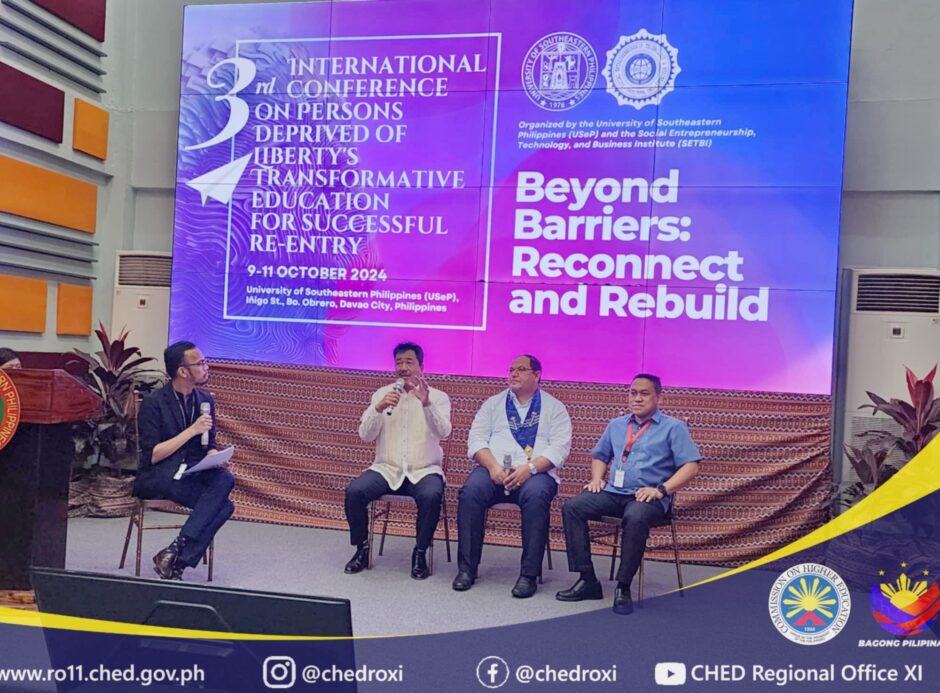 Corruption is an incurable cancer that kills millions of Filipinos. It needs chemotherapy to stop the cancer. Corruption kills, and corruption is pervasive. It affects all dimensions of people’s daily lives from poorly building roads, high prices for electricity, business practices, crime, violence, as well as unequal access to health care, education, medicine. Corruption erodes people’s sense of equity and their belief in justice. It undermines trust in the police, government, judiciary, military, business sector, and society. According to Transparency International Corruption takes many forms, but always involves the abuse of entrusted power for private gain.” I am not trying to blame the Philippines government for failing to tackle corruption, but rather I want to talk about the change that President Elect Rodrigo Duterte is talking about that we all can take part in to stop corruption.Duterte stressed that the death penalty must be reimposed during his administration. He was to deliver the promised crackdown on criminality plaguing the country. “I need it to combat crime and to deter it,” Duterte said during a media conference, before meeting foreign dignitaries who were among his well wishers. Duterte has made it clear that under his administrations, the war against drugs will start from the barangay level; Duterte said he would recruit militiamen similar to the special Civilian Armed Auxiliary, but they must have completed the basic Reservation Officer Training course. It may include former soldiers who know how to handle guns and have experience in law enforcement. “Those who destroyed the lives of my people will be killed. Those who destroyed the lives of my children will be destroyed; those who would kill my country will be killed.” Dutterte said he would be ready to lose the presidency anytime. “I can lose it anytime; I will stake my honor and my life in the war against drugs.”
Corruption is an incurable cancer that kills millions of Filipinos. It needs chemotherapy to stop the cancer. Corruption kills, and corruption is pervasive. It affects all dimensions of people’s daily lives from poorly building roads, high prices for electricity, business practices, crime, violence, as well as unequal access to health care, education, medicine. Corruption erodes people’s sense of equity and their belief in justice. It undermines trust in the police, government, judiciary, military, business sector, and society. According to Transparency International Corruption takes many forms, but always involves the abuse of entrusted power for private gain.” I am not trying to blame the Philippines government for failing to tackle corruption, but rather I want to talk about the change that President Elect Rodrigo Duterte is talking about that we all can take part in to stop corruption.Duterte stressed that the death penalty must be reimposed during his administration. He was to deliver the promised crackdown on criminality plaguing the country. “I need it to combat crime and to deter it,” Duterte said during a media conference, before meeting foreign dignitaries who were among his well wishers. Duterte has made it clear that under his administrations, the war against drugs will start from the barangay level; Duterte said he would recruit militiamen similar to the special Civilian Armed Auxiliary, but they must have completed the basic Reservation Officer Training course. It may include former soldiers who know how to handle guns and have experience in law enforcement. “Those who destroyed the lives of my people will be killed. Those who destroyed the lives of my children will be destroyed; those who would kill my country will be killed.” Dutterte said he would be ready to lose the presidency anytime. “I can lose it anytime; I will stake my honor and my life in the war against drugs.”
There is no doubt fear of Duterte will make people wise and behave better. When we talk about corruption, the first things that comes to our mind is bribing officials, police, politicians, city council members, and barangay captains, or paying supplementary fees in order to get into a university or to get better medical treatment at a hospital or a clinic. However, corruption has a broader definition and encompasses more within itself. An official who appoints his son or daughter to a top ranking position only because he or she is his son or daughter is also corrupt. Churches where donations are fixed and obligatory, students cheating on exams, doctors who do not do their jobs, a person who skips his obligation to the public --all of these are just some examples of different kind of corruption; that is why we all as an individuals can help to make true changes.
When governments are deprived of their own resources to invest in health care, roads, education, food security or essential infrastructure, it costs lives and the biggest toll is on the poor. Corruption has become an incurable disease in our communities. The only permanent solution is an aggressive fight against corruption which parallels the chemotherapy method of eradicating the diseased cells like what incoming President Duterte is talking about by implementing the death penalty for criminals of all sorts including rapists and drug lords, but why not implement the death penalty for corrupt public office holders as well, because the death penalty is the only way to put the public officers in check. If leaders knew that they would be prosecuted if they were found corrupt, they would avoid corrupt practices. The death sentence for those found guilty of corruption is justifiable and desirable considering the fact that corruption destroys every sector of society and ultimately lives.
When ordinary citizens such as you and I, as citizens of this community and thus cells of a country, have a strong voice and position regarding corruption, we make a difference. Biology teaches us that if a disease attacks an organism, the immune system, that is the collection of structures and processes in the body, unify in order to attack the disease and to eliminate it. In the same way, the fight against corruption begins with identifying the threat, distinguishing it from the healthy body, and all of us as cells in a community body, collectively combatting the virus, bacteria, or parasite. President Duterte stands adamantly against the devil that kills our society. It is important to raise awareness of corruption-related issues, to provide information for students and young people, to expose practices of corruption, and to develop strategies for opposing it in an open, engaging and encouraging environment. This can be accomplished by seminars, educating people and raising awareness about the negative impact of corruption on the development of our society, such as the way Duterte has committed to eradicate crime and drugs.
It is very important for all Filipinos not to miss this opportunity when a president has promised on his life to eliminate crime and corruption; therefore, it is very important to join campaigns so that we can all make a positive impact against corruption in the Philippines and even around the world. Why can the Philippines not be a role model to the world, like Singapore has been a model city for its cleanness, discipline, and tough stance on crime? Eradicating corruption would be viable and effective if everybody would not take or give a bribe and would have, instead, a strong voice against it. It is crazy to think that a patient must bribe medical personnel to have good medical treatment. It is crazy and frustrating to think that many Filipinos have to leave the country because they do not have jobs but rather have to go to work overseas where some of them do not feel dignified and valuable members of their host societies, merely because societal exclusion and inequalities flourish due to corruption in their home country.
The good news is that we have a leader now who is not only willing but also committed to change the situation; however, we need to stay behind him. Corruption is not only the root cause of crime and poverty, but also corruption hinders the benefits of government from reaching the bottom level of families, which in turn affects their basic needs and causes unemployment. Corruption is a diagnosed but untreated disease and has become a daily routine in many lives that is killing a large number of Filipinos. It is true that the problem of corruption exists in almost all countries of the world, but it is important for us to free ourselves of this practice to be a better nation. The Aquino government has made many efforts, but they could not bring about the much needed results due to deeper penetration of its practice in the public bodies, a lack of strong will of political masters, and the disinterest of the public in getting it done in simpler and fasters ways. There is a better world within our grasp: a world without hunger, without drugs, without illiteracy, without crime, without thirst, without needless diseases; and corruption is stealing that world from us. The perpetrators deserve to be punished.
Dr. Aland Mizell is President of the MCI and a regular contributor to Mindanao Times. You may email the author at:aland_mizell2@hotmail.com

